Mozambique's Joaquim Chissano, Sao Tome's Maria Silveira win 2025 CPLP award
Armindo Ngunga at ADIN: “We need strength, need to think fast and act fast”
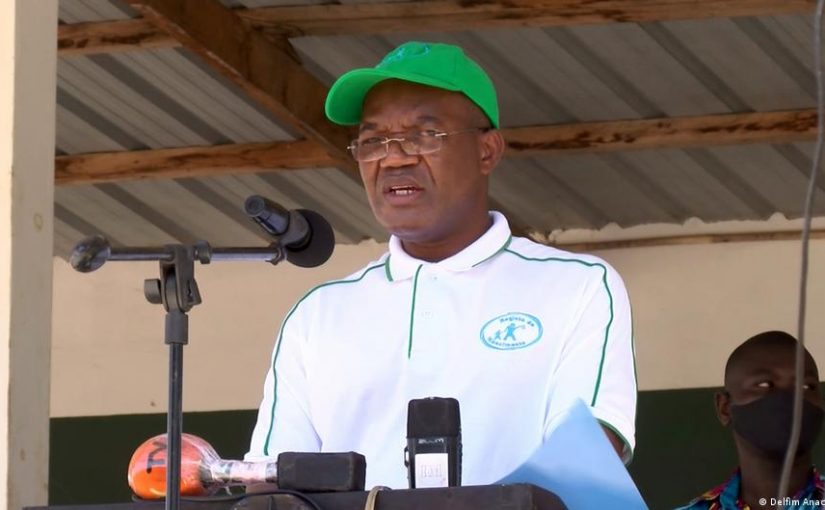
File photo: DW
As the new head of the Integrated Development Agency of the North (ADIN), Armindo Ngunga is aware that speed is one of the determining factors for the success of the agency’s actions in northern Mozambique.
Ngunga leaves the post of Secretary of State for the Province of Cabo Delgado to head the Integrated Development Agency of the North (ADIN), a Mozambican state entity designed to help the provinces plagued by conflicts and poverty in the northern region of the country.
ADIN has been criticised for allegedly being inactive on the ground in the northern region of the country. Ngunga is aware that speed will be a determining factor in the success of the agency, at a time when terrorist attacks are gaining more and more in sophistication.
In an interview with DW, Armindo Ngunga stresses, for example, the need to improve road infrastructure, “to better unite the region”.
DW Africa: Does your experience in dealing with difficult situations, such as internally displaced persons and the whole context linked to terrorism in northern Mozambique, give you any advantage in leading ADIN?
Armindo Ngunga (AN): I don’t know if it gives me an advantage, but at least I have some knowledge that allows me to think about all development issues in the context in which we find ourselves. In fact, today, terrorism is a major problem for our development. My intention is to find strategic means that allow people to be happy, or at least to reduce some of the causes of discontent, through structuring projects that allow people to be concerned with their own lives and not with the lives of others.
DW Africa: Experience is obviously important, but it is not everything. Policies are also needed to better deal with the situation in Cabo Delgado, as well as financial and material resources. How should this be combined for Cabo Delgado, in the short term, and taking into account the difficult conditions that Mozambique is experiencing in financial terms?
AN: That’s why we keep in touch with international means of support, especially with regard to financial resources. With regard to politics, this knowledge exists, we will make an updated diagnosis of the situation we are experiencing today to see if, based on this, we have designed policies in line with the requirements of the situation in the three provinces: Niassa, Nampula and Cabo Delgado. I know the region, the districts, or almost all of them, but it’s never too much.
After that, we have to look at urgent projects, structuring, inter-provincial and intra-provincial projects. Inter-provincials are those that link the three regions: at the concept of a region, a developed region, where the development process is balanced and, at the same time, particular aspects in each province where we can find that balance point.
Things like road infrastructure. It is a very serious matter that we need to improve in order to better unite the region and to find a way for the interior of each province to be accessible. Policies are important, but the resources have to be available, and there we have to resort to international associations, the partners, to see if they can support us, at least in the first phase.
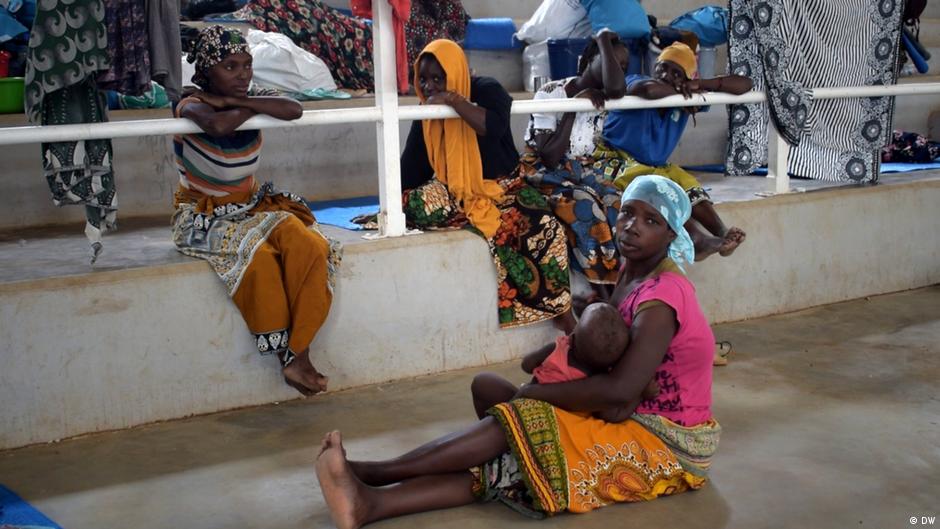
DW Africa: One of the things that is expected of ADIN is speed, if we take into account the sophistication that increasingly characterises terrorists and the issue of youth enticement. It is a challenge for ADIN. Are you prepared to overcome this challenge with the necessary speed?
AN: I’ve been here in Cabo Delgado for 15 months, and now I’m realising that, in fact, speed is very important. We need to know, with some urgency, what needs to be done in relation to young people, but at the same time, what is sustainable. On the issue of displaced persons, for example, which is an issue today, a pressing issue, we see that, after all, it is possible to do something with some resources.
For example, we decided to design a model village for integrated development in the country, through the villages that we are building for the displaced community. Some work still needs to be done so that people feel good, accommodated, not easily enticed, that they feel they have a future, can look forward with optimism. Yes, I think it is possible to do something. But we need strength and we need to think fast and act fast. I think that involving youth is possible.
DW Africa: ADIN has been accused of having done nothing since its inception. How do you intend to end this bad image?
AN: Maybe people created a lot of expectations about what ADIN is or was in its creation. ADIN was created as a development institution, but [financial] resources were not available at the same time, for it to start moving. So, this is an important element that may have determined how ADIN worked in the early days. But there is no doubt that we have to move fast. Let’s see if, with the available [financial] resources, we can do something that can show what we are doing, that can make people see what our intentions are, depending on what we have. We will do it according to our abilities, but we will get moving, and we will see how we can change the image of ADIN from now on.



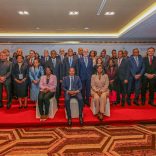
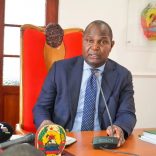
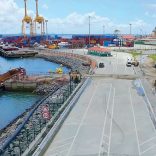
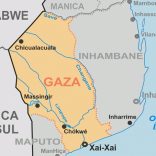





Leave a Reply
Be the First to Comment!
You must be logged in to post a comment.
You must be logged in to post a comment.